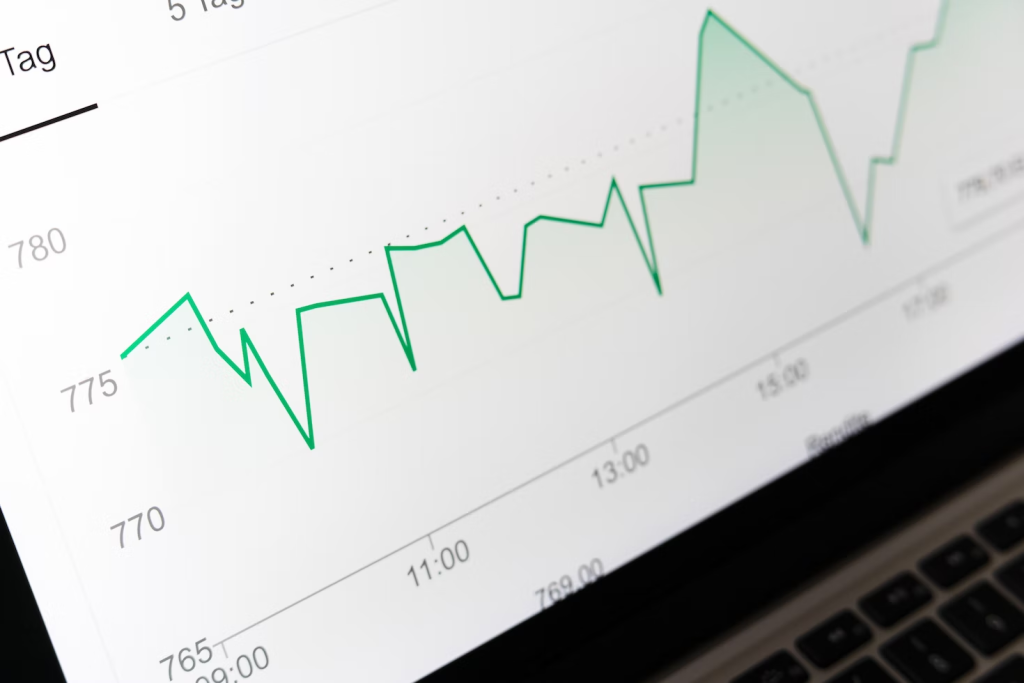
There are many reasons why data science is an exciting field to work in. For one, data science encompasses a wide range of skills, from statistics and machine learning to data visualization and story-telling. This means that there are always new things to learn, and no two days are ever the same. Another reason why data science is so exciting is because it is constantly evolving. As new technologies emerge, data scientists need to be able to adapt and use them in order to stay ahead of the curve. If you’re interested in getting into the field of data science – then this article is for you! Here’s the lowdown on everything you need to know about data science.
What Is Data Science?
Data science is an interdisciplinary field that uses scientific methods, processes, algorithms and systems to extract knowledge and insights from data in various forms, both structured and unstructured, similar to data mining. Data science is a “concept to unify statistics, data analysis and their related methods” in order to “understand and analyze actual phenomena” with data. It employs techniques and theories drawn from many fields within the broad areas of mathematics, statistics, information science, and computer science. In a business setting, this often requires identifying new opportunities for business development or improving current business practices through the use of data.
How Do I Become A Data Scientist?
There is no one-size-fits-all answer to this question, as the best way to become a data scientist depends on your prior skills and experience. You can also research online for knowledge platforms such as the Data Science @ Machine Learning 101 by BowTied_Raptor, which can teach you everything you need to know about data science and give you access to their full knowledge platform on the trade. However, in general, there are some steps you can take to become a data scientist, which include:
1. Develop strong math and statistical skills.
2. Learn at least one programming language, and learn how to wrangle and clean data.
3. Familiarize yourself with machine learning and other data mining techniques.
4. Build up a portfolio of projects that showcase your skills.
5. Communicate your findings to non-technical audiences.
In terms of qualifications needed, you can become a data scientist with any level of education, from a bachelor’s degree to a PhD. However, most data scientists have at least a master’s degree in a quantitative field such as mathematics, statistics, computer science, or engineering. Additionally, many data scientists have experience working in their chosen field before transitioning into data science.
What Are The Goals Of Data Science?
The goal of data science is to extract knowledge and insights from data in various forms, both structured and unstructured. Data science is a relatively new field, and as such, there is no one agreed-upon definition of what it entails. However, there are some common goals that data scientists strive to achieve, which include:
1. Finding hidden patterns and relationships in data
2. Developing models and algorithms to make predictions or recommendations
3. Generating actionable insights from data
4. Communicating findings to non-technical audiences
What Are Some Common Applications Of Data Science?
Data science can be applied to a variety of tasks, depending on the specific goals of the project. Some common applications of data science include:
1. Developing predictive models for things like weather, stock prices, or consumer behavior
2. Analyzing large datasets to find hidden patterns or relationships
3. Generating insights from data that can be used to make business decisions
4. Building recommender systems, such as those used by Netflix or Amazon
5. Creating visualizations to help communicate findings to non-technical audiences
What Does The Future Of Data Science Look Like?
The future of data science looks very promising. With the increasing amount of data being generated every day, there is a growing need for people who can analyze and make sense of it all. Data science is a relatively new field, and as such, there are not many experts yet. This means that there is a lot of room for growth in the field. As more and more companies adopt data-driven decision-making, the demand for data scientists will only continue to grow.
Get Into Data Science!
In conclusion, data science is a relatively new field with a lot of potential applications. To become a data scientist, you will need to develop strong math and statistical skills, learn how to wrangle and clean data, and familiarize yourself with machine learning techniques. Additionally, it is important to be able to communicate your findings to non-technical audiences. Some common applications of data science include predictive modeling, finding hidden patterns in data, and generating insights for business decisions. Whatever route you choose to go into with data science, just make sure that you’re passionate about the field and have fun with the process! To pursue a career in data science isn’t for the faint-hearted, but the results can be extremely rewarding.












